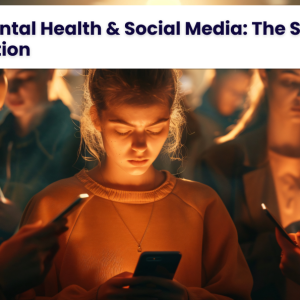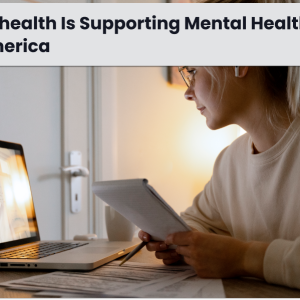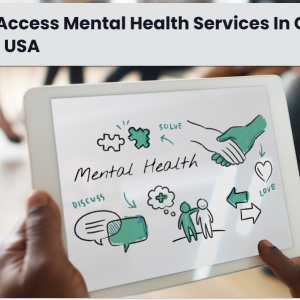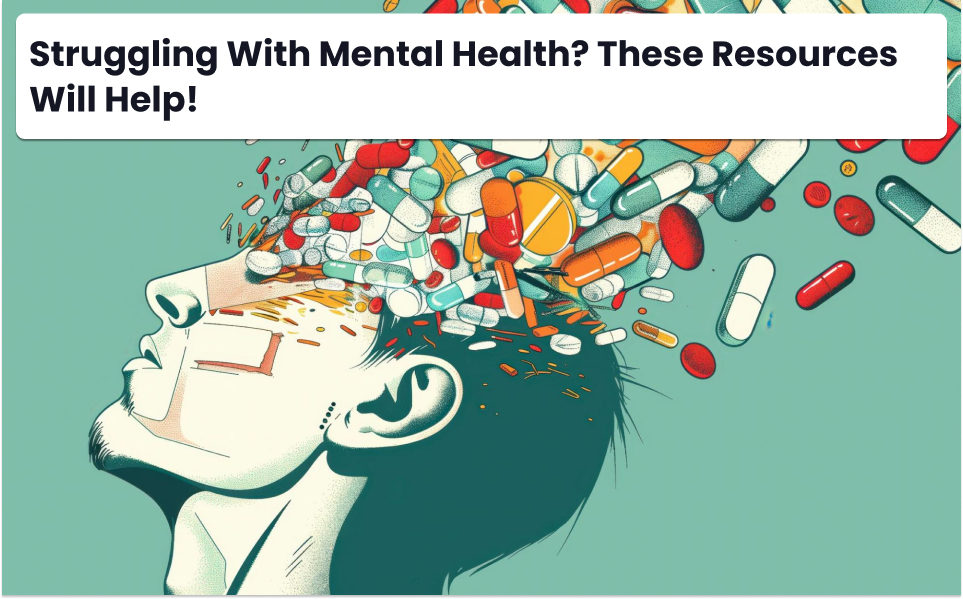
Struggling with Mental Health? These Resources Will Help!
Mental health is an essential pillar of overall well-being, yet many people grapple with stress, anxiety, depression, and other challenges. In recent years, the COVID-19 pandemic, economic uncertainties, and the demands of modern life have intensified mental health struggles across Canada and the United States. The good news? Both nations offer a treasure trove of resources and actionable advice to help you manage mental health effectively. Let’s explore some of the top resources and tips tailored for individuals in Canada and the USA.
Resources for Mental Health in Canada
Canada places a strong emphasis on mental health, with government-funded programs and nonprofit organizations offering widespread support.
1. The Canadian Mental Health Association (CMHA)
One of Canada’s leading mental health organizations, the CMHA provides services nationwide. From educational programs to community-based support, the CMHA offers tools to tackle stress, depression, and other mental health challenges. Whether you’re seeking coping strategies or support groups, the CMHA is a great starting point.
2. Wellness Together Canada
Did you know Wellness Together Canada was created in response to the COVID-19 pandemic? This platform offers free, 24/7 mental health and substance use support. From self-assessment tools to one-on-one therapy and peer support, it’s an invaluable resource for anyone unsure of where to turn.
3. Crisis Services Canada
If you or someone you know is in crisis, help is just a call away. Crisis Services Canada operates a confidential, 24/7 suicide prevention hotline at 1-833-456-4566. This nationwide service ensures you’re never alone in your time of need.
4. Kids Help Phone
Mental health care for young people is vital. Kids Help Phone offers a free, 24/7 hotline where young Canadians can connect with trained professionals via phone, text, or live chat. This service provides a safe space for youth to discuss concerns like anxiety, bullying, and family issues.
Resources for Mental Health in the USA
The United States also boasts a diverse range of mental health resources, from government initiatives to nonprofit organizations dedicated to crisis intervention and therapy.
1. National Suicide Prevention Lifeline (988)
Did you know the USA has a simple, easy-to-remember helpline number? Dial 988 for confidential, 24/7 support if you’re experiencing emotional distress or suicidal thoughts. This service ensures immediate access to help when you need it most.
2. Substance Abuse and Mental Health Services Administration (SAMHSA)

SAMHSA offers a national helpline at 1-800-662-HELP for individuals grappling with mental health or substance abuse issues. The hotline connects callers to nearby facilities, treatment options, and support groups.
3. Mental Health America (MHA)
MHA focuses on increasing awareness and providing support for mental health issues. Through mental health screenings and educational resources, MHA empowers individuals to address their challenges proactively.
4. National Alliance on Mental Illness (NAMI)
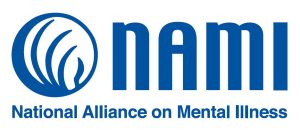
NAMI is one of the largest grassroots mental health organizations in the United States. Their free helpline (1-800-950-NAMI) offers support, information, and resources for individuals and families dealing with mental illness. NAMI also provides advocacy and educational programs.
Practical Tips for Mental Well-Being
In addition to leveraging these resources, there are everyday actions you can take to nurture your mental health. These tips apply whether you live in Canada or the USA:
1. Practice mindfulness and meditation.
Mindfulness and meditation can significantly reduce stress and anxiety. Apps like Calm and Headspace offer guided meditations, making it easy to incorporate mindfulness into your daily routine.
2. Stay Physically Active
Did you know exercise releases endorphins, also known as “happy hormones”? Regular physical activity improves your mood and boosts energy levels. Even a 30-minute walk can make a difference.
3. Maintain Social Connections
Loneliness can exacerbate mental health challenges. Stay connected with friends, family, or support groups through in-person meetings or virtual hangouts.
4. Set Boundaries
Overcommitting to work or social obligations can lead to burnout. Learn to say “no” and prioritize self-care to protect your mental well-being.
5. Seek Professional Help
If you feel overwhelmed, don’t hesitate to consult a therapist or counselor. Professional support provides a safe space to process emotions and develop coping strategies.
FAQs About Mental Health Resources
Q: What should I do if I’m in immediate distress?
A: In Canada, call Crisis Services Canada at 1-833-456-4566. In the USA, dial 988 for the National Suicide Prevention Lifeline.
Q: Are these resources free?
A: Yes, most resources mentioned, including Wellness Together Canada, Kids Help Phone, and the National Suicide Prevention Lifeline, are free.
Q: How can I help a loved one struggling with mental health?
A: Listen without judgment, encourage them to seek professional help, and share resources like CMHA or NAMI.
Q: Can I access these resources anonymously?
A: Absolutely. Services like Kids Help Phone and Crisis Services Canada prioritize confidentiality.
In summary
Mental health is a journey, not a destination. With a wealth of resources available in Canada and the USA, you have the tools to take charge of your mental well-being. Whether you’re seeking immediate support or looking to improve your daily mental health practices, help is within reach.
Remember, you are not alone. Speak up, reach out, and take proactive steps to care for your mind. By utilizing these resources and tips, you can move closer to a happier, healthier life—one day at a time.
Frequently Asked Questions (FAQ)
In Canada, call Crisis Services Canada at 1-833-456-4566. In the USA, dial 988 for the National Suicide Prevention Lifeline.

